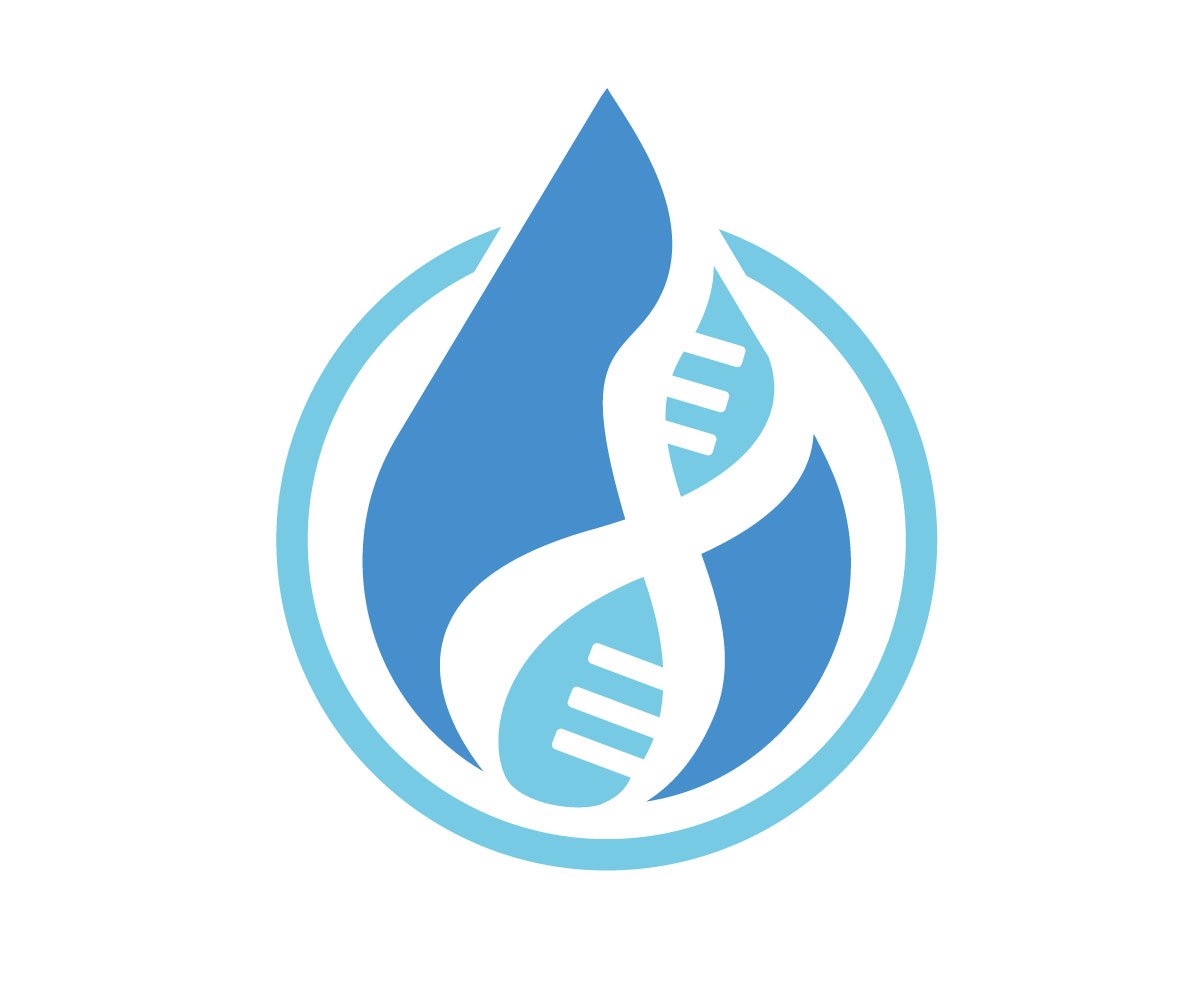
Experienced a DNA Discovery?
Explore Watershed DNA for information about support options for people who get a DNA test surprise. This includes a history of guest stories, DNA Clarity and Support podcast, and a review of various resources developed by other individuals and groups. Visit the tabs above and check out resources below.
What Can a DNA Test Help Me Do?
-

Connect With Relatives
-

Understand Health Risks
-

Confirm a Genetic Relationship
Interested in Exploring DNA Testing?
Ask yourself:
Why do I want to do a test?
What do I hope to get out of it?
What are the possible results, and how will I feel about them?
What might be the impacts on my privacy?
Who will I share the results with?
FAQs on DNA Testing Types
Ancestry Testing • Health Risk Testing • Carrier Testing • Paternity Confirmation
Ancestry Testing
WHAT IS ANCESTRY TESTING?
Ancestry testing, offered by companies like Ancestry.com and 23andMe, uses genotyping array technology (also called SNP technology) to look at portions of your DNA and compare it with a known database of DNA from other individuals.
Ancestry testing is relatively affordable and easy to use.
By participating in ancestry testing, you agree to the privacy policy of the company through which you test. While you can opt out of some options to protect your privacy, due to the nature of the testing your DNA is compared with that of others in the database, and their DNA with yours.
WHAT ARE THE LIMITATIONS OF ANCESTRY TESTING?
Health information: Because of the type of technology used in ancestry testing, the health information is relatively limited.
You can only be connected with others in the database: This means that you can only be connected with other people who have taken the same type of genetic test. For this reason, some people seeking genetic relations sometimes do DNA testing from multiple companies.
CAN THE ANCESTRY DNA TEST BE WRONG?
Consumer-initiated DNA testing can reveal genetic surprises. Typically, the type of technology used for DNA testing is considered extremely accurate. For more information about possible explanations for this, you can read Brianne’s booklet Could the DNA Test be Wrong?
Genetic Health Risk Testing
WHAT IS GENETIC HEALTH RISK TESTING?
This is a type of medical-grade testing that uses your genetic information to determine whether you are at risk for known inherited health conditions, including:
Cancer
Cardiac Conditions
Processing of pharmaceutical compounds (pharmacogenomics) - Some people may have medical conditions for which understanding this could be useful in their treatment.
Health risk testing typically utilizes Next Generation Sequencing (NGS) to read the information in genes that are associated with specific health risks.
WHAT COMPANIES OFFER MEDICAL-GRADE HEALTH RISK TESTING?
Historically, this type of testing was only available under the guidance of a health care provider. In recent years, several companies have introduced health risk testing directly to consumers. Some testing companies offer genetic counseling or support from genetics-trained providers, which can help you understand your genetic testing results.
WHAT SHOULD I LOOK FOR IN A MEDICAL-GRADE GENETIC TEST LABORATORY?
CLIA certification: Clinical Laboratory Improvement Amendments (CLIA) regulate laboratory testing and require clinical laboratories.
CAP accreditation: The College of American Pathologists laboratory accreditation program reviews diagnostic testing laboratories.
WHAT IS GENETIC COUNSELING?
A genetic counselor can help you determine:
Which type of genetic testing is most appropriate for you.
How to understand what your results mean for you.
Medical grade genetic testing is most informative in the context of family history. Though you may have limited family history information, even a little bit of information can be helpful in determining the best test for you and your unique goals.
WHAT ARE THE LIMITATIONS OF GENETIC HEALTH RISK TESTING?
Health issues and medical problems often run in families. While many of these conditions may be genetic, not all of them have an identifiable genetic cause based on currently available DNA testing, including autoimmune conditions. This may change in the future with more research.
Additionally, different genetic tests can examine the causes of different sets of genetic conditions.
As a result, a “negative” genetic test does not rule out the existence of a heritable genetic risk. Some explanations for a negative genetic test include:
Genetic risk for a disease was not examined in a particular test. For example, a cancer risk test may not identify genetic causes of heart conditions.
A genetic cause for the disease has not yet been identified.
Carrier Testing
WHAT IS CARRIER TESTING?
This type of genetic testing uses DNA sequencing to look for changes in your genes that could impact your children.
Carriers of genetic conditions are individuals who have a change in a gene that may result in a genetic condition. Because many genetic conditions only occur when a person has two copies of a genetic change (called “recessive inheritance”), carriers typically do not have symptoms or features of the genetic disorder. Recessive conditions are much more likely in the children of two carriers.
Carrier testing is typically performed before or during pregnancy to help a couple determine the chances of having a child with a genetic disorder or disease. While most of the changes found in this type of testing may result in genetic disorders in your children, occasionally changes are discovered that could impact your own health.
WHAT CONDITIONS CAN BE DETERMINED THROUGH CARRIER TESTING?
Conditions like Fragile X Syndrome and Cystic Fibrosis can be identified using carrier screening.
WHEN SHOULD I HAVE CARRIER TESTING?
Carrier testing is most informative prior to having children. Some couples have carrier testing early in a pregnancy, to help guide whether additional testing might be desired.
SHOULD MY PARTNER HAVE CARRIER TESTING?
Usually changes found during carrier testing can only impact children who inherit the change from both parents. This is called recessive inheritance. As a result, carrier testing is most informative in the context of testing of both reproductive partners.
If both you and your partner are carriers for a genetic condition, there is a 25% chance that your child will have the condition.
Paternity Testing
WHAT IS PATERNITY TESTING?
Paternity testing is a type of DNA test distinct from ancestry testing (described above). It compares the DNA of a child with the DNA of an alleged father. It can also compare other close family relationships. Samples from a child and the suspected relative are typically collected from the mouth of both individuals, called a buccal (cheek) swab. During pregnancy, paternity testing can be performed using a blood sample from the pregnant mother. Other procedures, like Chorionic Villus Sampling or Amniocentesis, can also be used.
WHAT NOT JUST USE ANCESTRY TESTING TO CONFIRM PATERNITY?
Paternity confirmation is private, in contrast to ancestry testing which compares your DNA to the company’s DNA database.
Paternity confirmation, if done in an accredited lab (like DNA Diagnostics Center), can be legally admissible in court, which has advantages in certain legal contexts.
WHAT SHOULD I LOOK FOR WHEN SELECTING A PATERNITY TEST?
AABB Accreditation: The Relationship Testing Accreditation Program is based on AABB Standards to ensure that labs doing this type of testing are held to established standards.
COULD MY PATERNITY CONFIRMATION TEST BE WRONG?
Paternity testing typically uses Restriction Fragment Length Polymorphism Analysis to compare the DNA of two people. It is thought to be reliable technology and highly accurate. More complete information on the accuracy of DNA testing is available in Could the DNA Test be Wrong?

